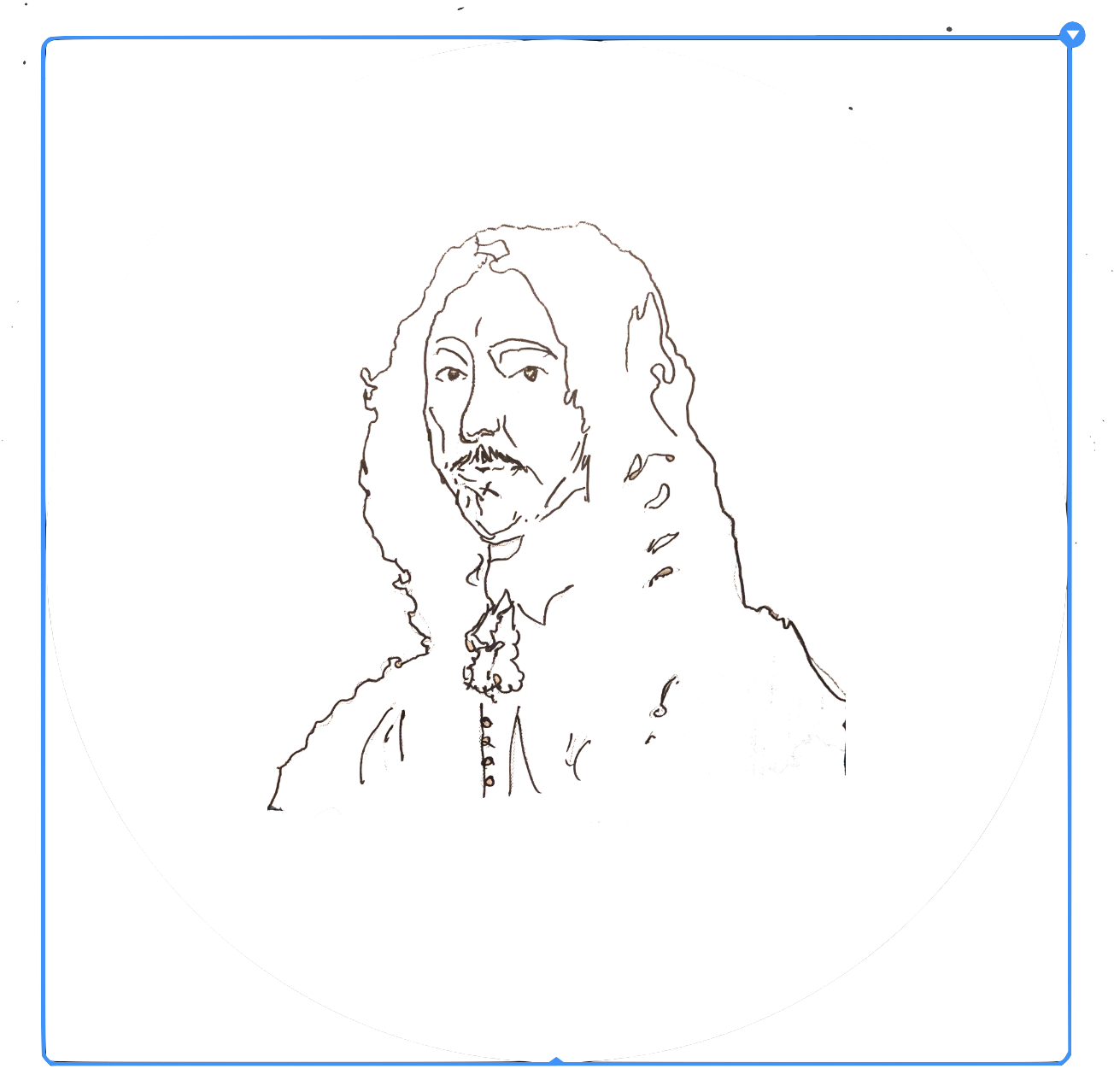Welcome
This website presents a comparative analysis of Johan de Witt's historical Deductie (1654) and its cinematic representation in the movie "Michiel de Ruyter."
Johan de Witt (1625-1672) was Grand Pensionary of Holland and a key political figure during the Dutch Golden Age. His Deductie was a formal political document written to justify the controversial Act of Seclusion, which excluded the Prince of Orange from holding office as stadtholder or admiral.
The movie "Michiel de Ruyter" features a dramatized speech by Johan de Witt that, while drawing on similar themes, represents a creative interpretation designed for dramatic effect and modern audiences.
